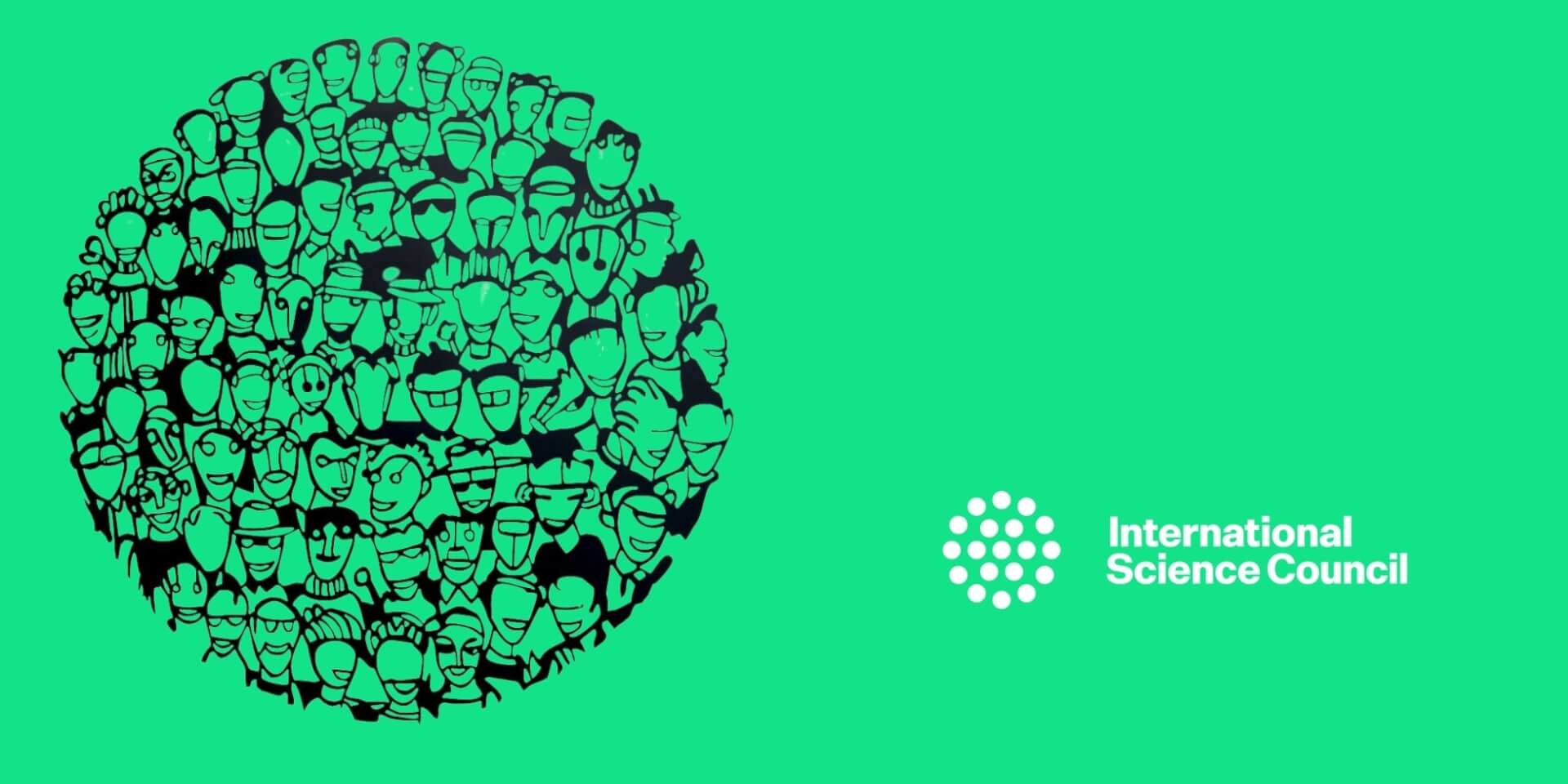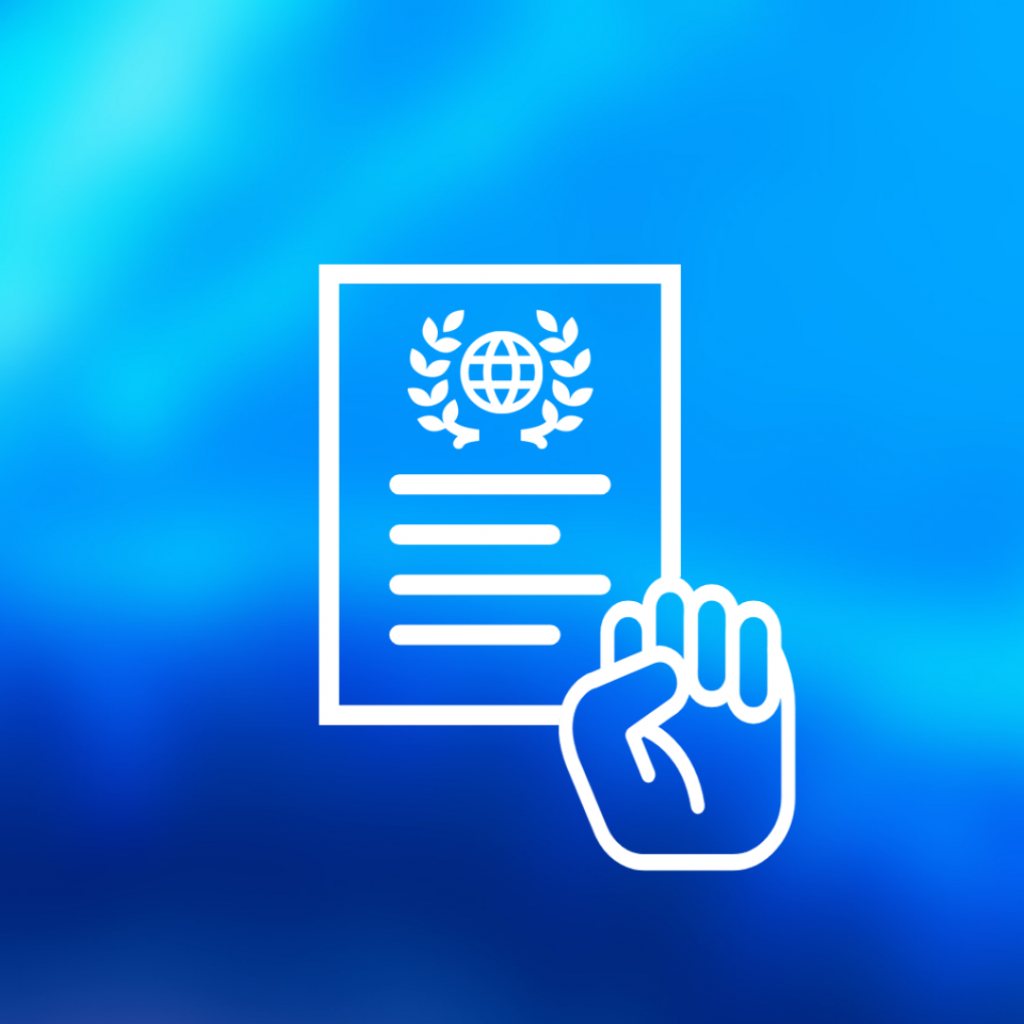
Commissioned by the ISC and produced by a group of experts from around the world, this landmark paper examines current threats to science and proposes key actions for scientists, research institutions, science organizations, the private sector, and governments to combat the challenges for free and responsible science in the 21st century.
At a time when science is of paramount importance to society, scientists are increasingly threatened by attacks on the values of science, and through individual cases of discrimination, harassment, or restriction of movement. Today, on International Human Rights Day, the ISC has published a new Discussion Paper: “A contemporary perspective on the free and responsible practice of science in the 21st century”.
The right to share in and to benefit from advances in science and technology is enshrined in the Universal Declaration of Human Rights, as is the right to engage in scientific enquiry, pursue and communicate knowledge, and to associate freely in such activities. These freedoms go hand in hand with responsibilities in the practice, management and communication of scientific research.
Current global emergencies such as climate change and the COVID-19 pandemic have demonstrated the crucial role that free and responsible science can play in protecting human and environmental wellbeing, as well as the dangers of failing to uphold these principles. At the same time, ongoing social, political, and technological developments pose unique and wide-reaching challenges for scientists, including fears of economic espionage and the weaponization of new technologies. The paper published today explores these challenges and offers a timely perspective on what must be done to protect the free and responsible practice of science in contemporary society.
Heide Hackmann, CEO of the ISC, said it is incumbent on the scientific community to continually re-examine the essential components of the social contract with science.
“Revisiting what we mean by scientific freedom and responsibility in the 21st century is part of this important process of reflection and adaptation to the world around us. It must allow international scientific organizations like the ISC to mobilize the international scientific community toward action aimed at realizing its responsibilities to society and advancing science as a global public good,” she said.
Quarraisha Abdool Karim, Associate Scientific Director, Centre for the AIDS Program of Research in South Africa (CAPRISA) and Professor in Clinical Epidemiology, Columbia University, United States, and a member of the paper’s writing group, said:
“COVID-19 was a reminder of our interconnectedness and shared vulnerabilities and the immense inequalities and inequities within and between countries. Covid-19 also highlighted the importance of global solidarity and the importance of partnerships and collaborations between scientists and the public. The key concepts and principles that underpin this paper were made a reality and not an abstract idea.”
Willem Halffman, Associate Professor in Philosophy and Science Studies at Radboud University in The Netherlands and a member of the paper’s writing group, explains that scientific freedom is not “an old-fashioned plea for non-interference in an ivory tower”.
“Our time requires new principles to articulate the place of science in society as a force for good, and the freedoms as well as responsibilities that are required for its operation to achieve this,” he said.
The ISC will now work together with its Members around the world to implement the key recommendations from this paper. The international scientific community, governments, the public, and private research institutions all need clear strategies to achieve the free and responsible practice of scientific research in the development of a more sustainable world.
About the Writing Group
The Paper was developed by an Expert Writing Group of scientists appointed by the ISC’s Committee for Freedom and Responsibility in Science (CFRS), with oversight from the ISC’s Governing Board. The Expert Writing Group members are:
Télécharger le communiqué de presse (français).

Freedom and Responsibility in the 21st century
The Principle of Freedom and Responsibility in Science is at the heart of all the Council’s work. The developments in this century demand a review of the meaning of this Principle, and of the role of bodies such as the ISC in upholding its basic tenets in this new and rapidly evolving context.
The report cover artwork featured above is from ‘Spectators’ by Toyin Loye. Toyin Loye studied Fine Art at Obafemi Awolowo University in Ile Ife. His work has been exhibited in solo and group exhibitions in Nigeria, Senegal, Argentina, Indonesia, Japan, South Korea, United Kingdom, Australia, United States, Germany, Spain, Norway, Belgium and the Netherlands. He lives and works in The Hague, The Netherlands.